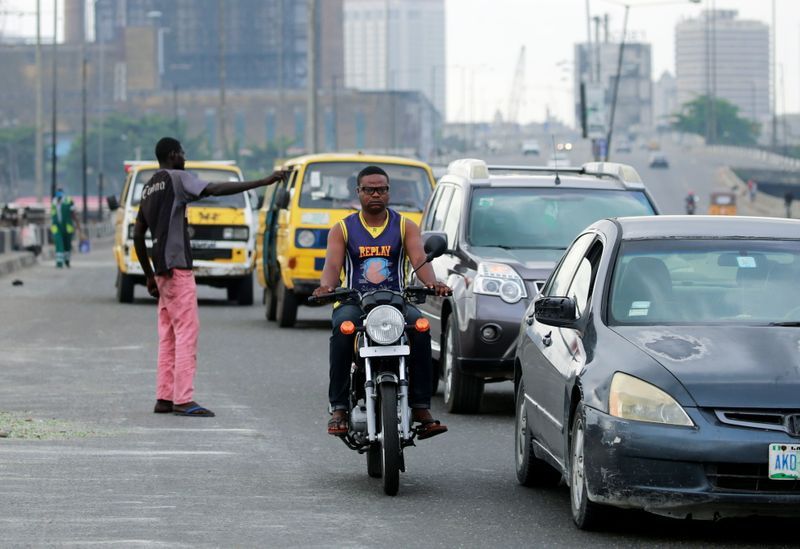ABUJA/LAGOS, (Reuters) – Nigeria’s police chief ordered the immediate mobilisation of all force resources today to control the worst street violence in two decades stemming from protests against police brutality.
The unrest, unprecedented since the 1999 return to civilian rule, is the most serious political crisis confronting President Muhammadu Buhari, a former military ruler elected in 2015.
Violence, particularly in the commercial capital Lagos, escalated after demonstrators were shot on Tuesday night in the city’s Lekki district during a round-the-clock curfew.
Witnesses blamed soldiers.
Rights group Amnesty International said soldiers and police had killed at least 12 protesters in two districts, though the army has denied soldiers were in Lekki.
Several states, mostly in southern Nigeria, have imposed curfews after two weeks of confrontations between security services and protesters.
The Nigeria Police Force said in a statement its inspector general Mohammed Adamu had ordered the immediate deployment of all assets and resources to end violence, looting and destruction of property by criminals masquerading as protesters.
Lagos state eased curfew restrictions on Saturday to 6 p.m.-8 a.m. Workers took to streets to sweep away broken glass while cars again filled the roads.






